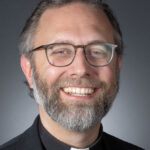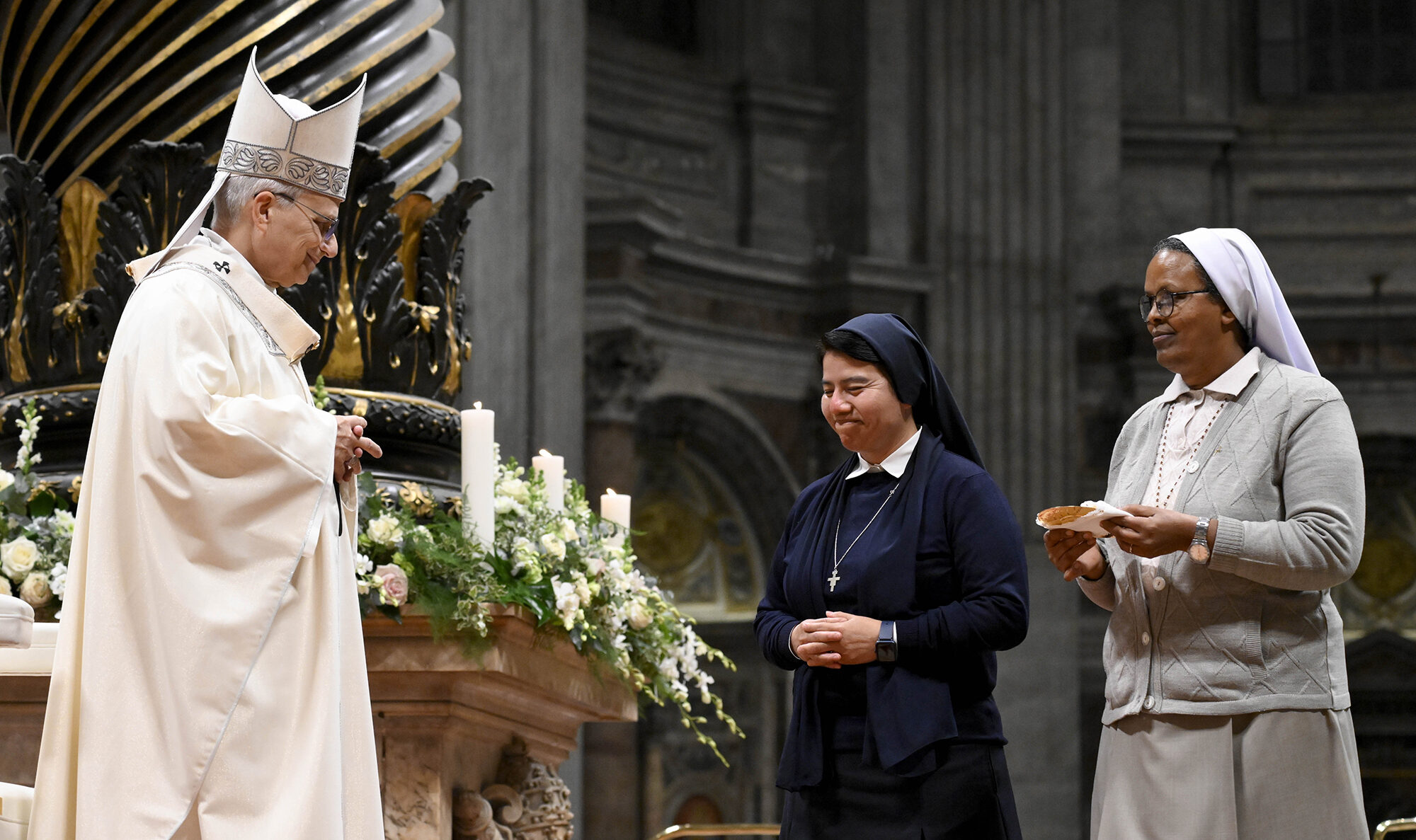DEAR FATHER | Papal name connects to predecessors and affirms new identity as shepherd
How do new popes choose their name? Why did Pope Leo choose that name?

Most of the time in life, we don’t get to pick our own names. New popes do, though! In fact, it is literally the first decision that any pope makes. When the conclave’s vote is finally successful, the person chosen is asked if he will accept the role of pope. If he says yes, he is immediately asked: “By what name do you wish to be called?” No time to sit and think or to ask around for others’ opinions. Whatever he says will stick with him for the rest of his life!
Fortunately, one is not likely to be elected pope completely out of the blue. The last time that a non-cardinal was elected pope was in 1378, so it is a safe bet that every cardinal in the conclave had done at least some prayerful consideration of what name he would select just in case he was picked.
New popes did not always choose a new name for themselves, though. For most of the first millennium of the Church, the pope was simply known by his given name. The first person to take a new name at his papal election was Mercurius in 533. Since his given name came from the Roman god Mercury, he chose to be known as Pope John II, avoiding the problem of having a pope named after a pagan god.
Having the pope choose a new name did not become commonplace for another five centuries, though, until in 966 Gregory V (born Bruno von Carinthia) finally set the norm for all popes thereafter (with a few exceptions) to choose a name that connects them to their predecessors and to affirm their new identity and responsibilities as a shepherd for all God’s faithful.
Our own Pope Leo XIV, for example, has stated that he chose the name Leo after Pope Leo XIII. Leo XIII was a highly influential pope who held the office at the end of the 19th century. He helped the Church respond to the many new forms that modern life was taking on, supporting some and criticizing others. When he met with the cardinals after his election Leo XIV identified especially Leo XIII’s encyclical “Rerum Novarum” as the main reason for his choice. This document is known as the foundation of modern Catholic social teaching, with Pius XI, John XXIII and John Paul II all citing its influence on their teaching.
“Rerum Novarum” responded to the dangers of the industrial revolution with an affirmation of the dignity of workers and a reminder that economic systems must always have limits placed on them by the moral good. In choosing the name, Leo XIV wanted to remember that history in the face of a “new industrial revolution” where the growing field of artificial intelligence is threatening human dignity, justice, and labor. In the face of these challenges, he wants to lead the Church in offering a response and guidance about God’s plan for human flourishing. While every pope ultimately “makes a name for himself” by his actions, every time we call our new pope Leo, we can remember Christ’s message about the dignity of all people in every economic circumstance!
Father Chris Schroeder is senior associate pastor of St. Charles Borromeo and St. Peter parishes in St. Charles.




